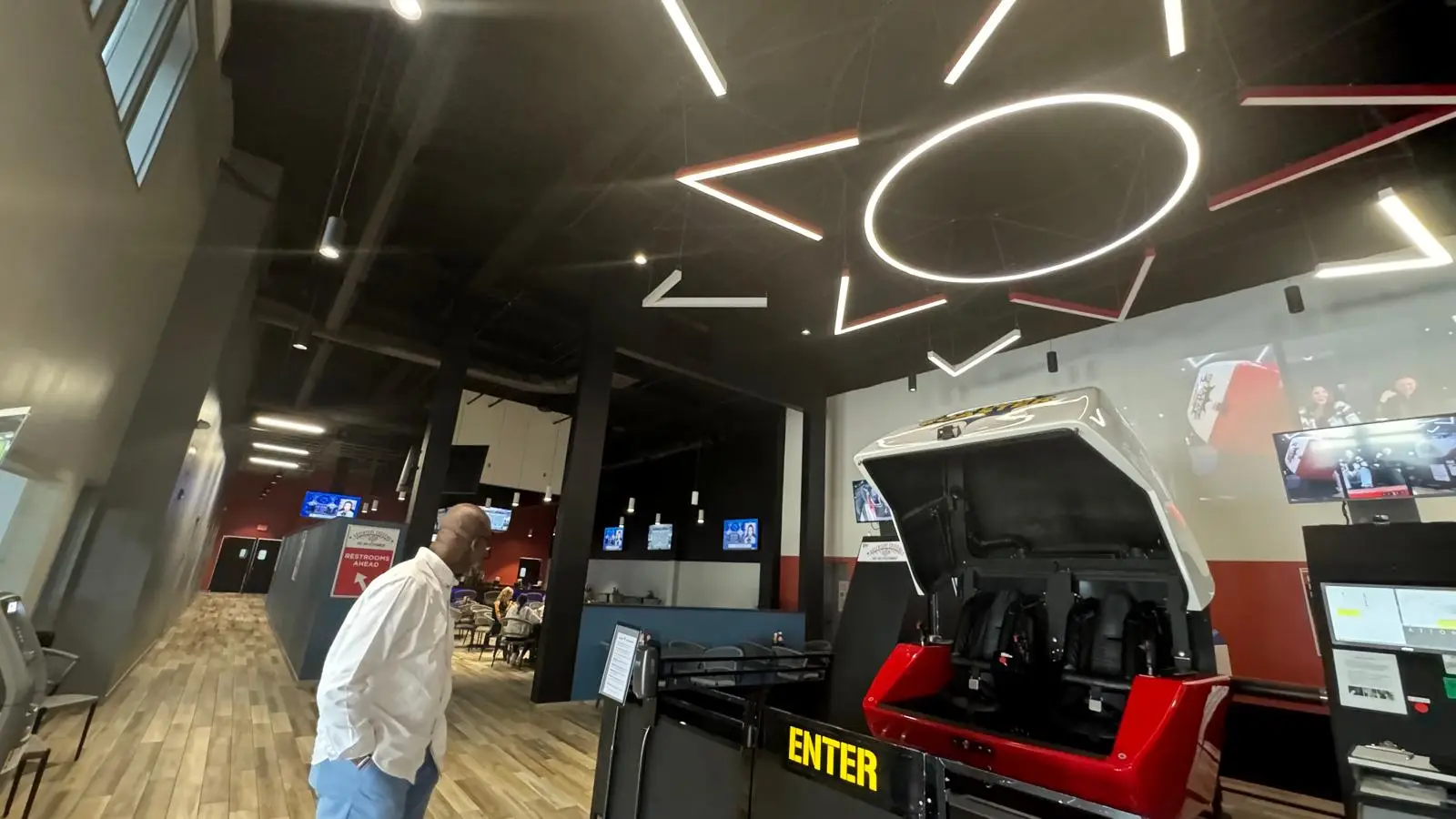Turning Smart Energy Systems into Sustainable Savings
In a world where sustainable practices are becoming increasingly crucial, the integration of smart energy systems offers a promising solution. These innovative systems not only contribute to a greener environment but also lead to significant cost savings for individuals and businesses alike.
Understanding Smart Energy Systems
Understanding smart energy systems is essential in today’s world where sustainability is a top priority. These systems combine cutting-edge technology with energy optimization strategies to create efficient and eco-friendly solutions. By harnessing the power of smart energy, individuals and businesses can reduce their environmental footprint while enjoying the benefits of cost savings.
One of the key aspects of smart energy systems is their ability to monitor and analyze energy usage in real-time. This data-driven approach allows users to identify areas of high consumption and implement targeted strategies to reduce waste. By intelligently managing energy resources, smart systems ensure maximum efficiency and minimal environmental impact.
Furthermore, smart energy systems are designed to adapt to changing energy needs and consumption patterns. Through automation and advanced algorithms, these systems can adjust energy usage based on demand, optimizing efficiency without compromising comfort or productivity. This flexibility is a defining feature of smart energy solutions, making them a sustainable choice for the future.
In essence, smart energy systems are not just about cutting-edge technologies; they represent a shift towards a more conscious and responsible approach to energy consumption. By embracing these systems, individuals and businesses can actively contribute to a greener and more sustainable world for generations to come.
The Benefits of Implementing Smart Energy Solutions
The implementation of smart energy solutions offers a wide array of benefits that go beyond simple cost savings. By optimizing energy usage and reducing waste, these systems help lower utility bills, making them a financially smart choice for individuals and businesses alike.
Moreover, the increased energy efficiency achieved through smart systems contributes to a significant reduction in carbon emissions and overall environmental impact. This means that by investing in smart energy solutions, users are not only saving money but also actively participating in the fight against climate change.
Another key benefit of smart energy solutions is their adaptability and scalability. Whether it’s a small residential building or a large industrial complex, these systems can be tailored to meet specific needs and ensure optimal performance. This versatility makes smart energy solutions a viable option for a wide range of applications.
Overall, the benefits of implementing smart energy solutions are multifaceted, encompassing financial savings, environmental stewardship, and operational efficiency. It’s clear that embracing these technologies is not just a smart choice for the present but a crucial step towards a sustainable future.
Case Studies: Real-world Applications of Smart Energy
Real-world case studies provide concrete examples of the transformative power of smart energy systems. From residential buildings to commercial enterprises, these studies showcase how smart solutions have improved energy efficiency, reduced costs, and enhanced overall sustainability.
For instance, a case study of a manufacturing facility demonstrates how the integration of smart energy systems led to a significant decrease in energy consumption without compromising production output. This not only resulted in cost savings for the business but also positioned them as a sustainability leader in the industry.
Similarly, a residential case study highlights how smart energy solutions can benefit individual homeowners by providing them with greater control over their energy usage. By monitoring and adjusting consumption patterns, residents were able to lower their energy bills while minimizing their environmental footprint.
These real-world applications serve as proof that smart energy systems are not just theoretical concepts but practical solutions with tangible results. By showcasing the success stories of others, these case studies inspire individuals and businesses to adopt smart energy practices for a more sustainable future.
Overcoming Challenges in Adopting Smart Energy
While the benefits of smart energy systems are evident, the path to adoption is not without its challenges. Common obstacles include the initial upfront costs of implementing these systems, as well as the need for technical expertise to install and maintain them effectively.
To overcome these challenges, individuals and businesses can seek financial incentives and government rebates that promote the adoption of smart energy solutions. Additionally, investing in training and education for staff can ensure that the systems are utilized to their full potential, maximizing the return on investment.
Collaborating with experienced providers and consultants in the smart energy field can also help navigate the complexities of system integration and operation. By leveraging external expertise, users can overcome hurdles and streamline the transition to smart energy, ultimately reaping the long-term rewards of sustainability and savings.
In essence, while adopting smart energy systems may pose challenges, the potential benefits far outweigh the initial difficulties. By proactively addressing obstacles and seeking support from the relevant channels, individuals and businesses can make a smooth and successful transition to a smarter and more sustainable energy future.
Investing in the Future: Long-term Savings and Sustainability
Investing in smart energy systems is not just about the present; it’s a strategic move towards a more sustainable and efficient future. The long-term savings derived from reduced energy costs and optimized consumption patterns make smart energy solutions a wise financial investment for individuals and businesses.
Moreover, the environmental benefits of smart energy systems extend far beyond immediate cost savings. By lowering carbon emissions, conserving resources, and promoting eco-friendly practices, these systems contribute to a healthier planet and a more sustainable way of living for future generations.
The combination of financial advantages and environmental stewardship positions smart energy systems as catalysts for positive change in the energy landscape. By embracing these solutions today, individuals and businesses can secure a brighter tomorrow for themselves and the planet as a whole.
In conclusion, the decision to invest in smart energy systems is not just about saving money or reducing energy consumption; it’s a commitment to sustainability and a better future for all. The time to transition to smart energy is now, and by doing so, we are not only securing our own well-being but also preserving the planet for generations to come.
Embracing Smart Energy for a Greener Future
By implementing smart energy systems, individuals and businesses can pave the way for a more sustainable future while reaping the benefits of long-term cost savings. The transition to smart energy is not just a step towards environmental responsibility but also a wise investment in a brighter tomorrow.

 Next Post
Next Post




